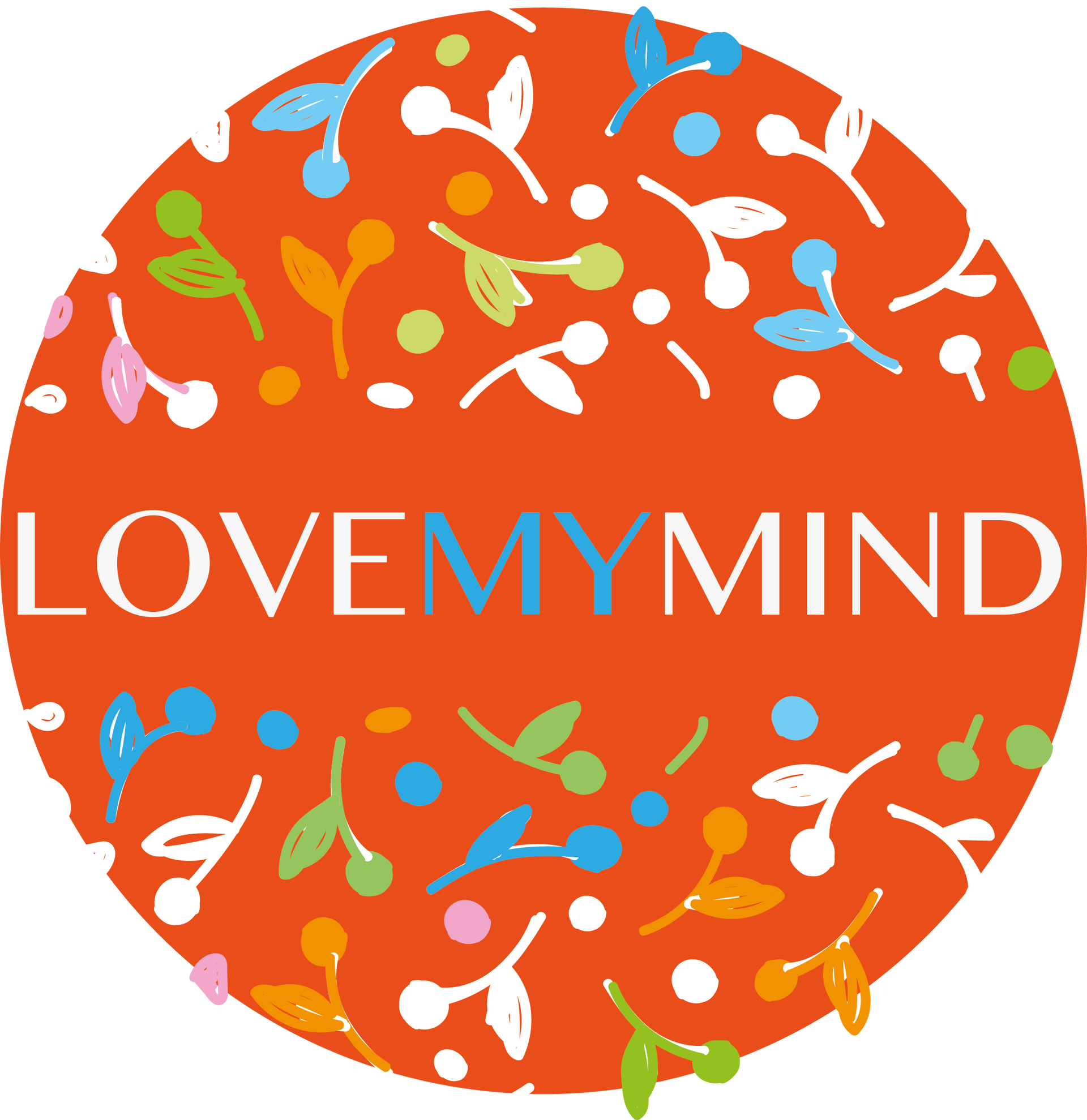AVAILABLE ONLINE OR IN BATH, UK. BOOK YOUR FREE DISCOVERY CALL TODAY - CALL FLEUR ON
07704429577 - EMAIL
fleur@lovemymind.co.uk
Are you On Autopilot?

Are you just on autopilot?
Research shows that by the age of about 30, people are unconscious 95% of the time. This is because our bodies are so used to our routines that they know them better than we do. A good example of this in action is when most people can’t remember their bank pin number mentally. They say that they need to have the key pad in front of them. Or they arrive at their destination and can’t remember the car journey. This is because our bodies know the action or route so well, that they take over without us having to be consciously in control. Now consider that most of your day we run on similar programs. You are effectively on auto-pilot most of the time, so what happens when you introduce something new and you haven’t planned it properly, or don’t put a structured routine in place? Well eventually your body will take over and run its usual patterns. Have you ever caught yourself saying, “I must go to the gym this week!” In that moment you really mean it, because you were having a conscious moment. But as the week goes on and you go back onto autopilot, it just doesn’t happen. Another example of this would be when you say to your self that you need to stop at the shop on the way home because you need some milk, and then you completely forget. Don’t worry you aren’t losing your memory – you are just not present, and your unconscious (the body) has taken over.
How to stick to your New Year’s resolutions
So, what is the answer? You have to get really organised and set a clear intention/goal. Create set days and times to work on it, and put things in place to help you stick to it. You have to make that goal as important as anything else that you do regularly, and be consistent with it until it becomes a new program – you wouldn’t forget to brush your teeth (hopefully 😉).
But what I am about to discuss goes a lot deeper and doesn’t just explain why resolutions don’t work. It also explains why people can get stuck in destructive patterns for their whole lives, if they aren’t aware of what I am about to discuss.
The truth is most people are NOT dealing with the root cause of their problems. Instead they are focusing on the surface level symptoms or habits that result from a much deeper problem, which they may not even be aware of. As I stated above people run on programs, most of which are learned before they are about 8 years old. This is important to know because the experiences and development in those early years form the beliefs and programs that will shape the rest of our lives.
In addition to their obvious needs like food and sleep, a child also has two main psychological needs. Love/connection and validation/self-expression. But it’s stressful being a parent. There is no official handbook, and it’s often impossible to meet a child’s needs 100% of the time. All you can do is your best, and in most cases the child grows into a healthy adult. However, it is highly likely that in that time some limiting beliefs or programs have been formed. The reason is that the human brain is not fully developed until the age of about 21. Therefore, it is very easy for a young child to misperceive a situation, and create an unhealthy meaning around it (like a divorce or heated argument). Sadly children often make these issues mean something about them, because the alternative is that their parents aren’t who they thought they were (safe, role models..). So, they often turn on themselves and create a belief that they are in some way to blame. The most common limiting belief that I come across in most of my clients is that, “I am not enough” or “I am unlovable”. This belief becomes the underlying context of their entire life, even if they are not consciously aware of it.
Let’s look at a typical example of the annual cycle of a person with the belief that they are unlovable. (This cycle could actually be happening multiple times throughout the year).
You can clearly see that the person is NOT addressing the root cause of their problems. They generally focus on cutting out the coping strategies, and wonder why they have no willpower to stay off them. This just compounds the problem, because now they feel guilty or like a failure, and it confirms their belief – How could anyone love me…
If you are reading this and thinking – that’s me. Don’t be so hard on yourself! If you don’t know what the root cause is, then you can’t help falling into the trap. You certainly aren’t alone either, most people have limiting beliefs or some kind of emotional baggage – it's what makes us human.
Thankfully there is a way of breaking free from this cycle – seek professional help. Why can’t I just sort this out on my own, you may be thinking? Well there are two reasons – firstly you are in it, and unable to be objective. Secondly the problem is unconscious. This means that no matter how positive or logical you try to be about solving it, your triggers will fire and you will most likely sabotage yourself when you are under stress (we are running those unconscious programs most of the time remember). The good news is that with modern day approaches like hypnotherapy, you can sort these issues out in just a few sessions, and you won’t even need to talk in detail about your childhood. But make sure you find the right practitioner. Someone that you can trust (a recommendation from a friend is always a good idea, and check their qualifications & testimonials).
You really can let go of these beliefs and programs forever, but you have to be honest with yourself and make a firm decision that you have had enough. Invest in yourself and I promise you that you will never look back!
If you want more advice on achieving your goals this year, then get in touch!

Happy Customers...
-

Highly Recommended!
IT WORKED!!!! After many years of trying and failing to give up I actually can't believe how easy this feels. I've tried most things, including hypnotherapy, before so was quite skeptical about it working on me. Once a smoker, always a smoker was my mantra every time I failed. Fleur not only delved into the nitty gritty of why I smoke and the excuses we tell ourselves, but tapped into my subconscious with a super relaxing hypnosis session. Her colourful and warm personality combined with her beautiful home and professional approach made the experience truly enjoyable. It's early days still, but I feel confident, proud and excited that I can live a healthier, longer life free from smoking. Helen Bath UK
Helen 
It's absolutely helping me
"Fleurs hypnotherapy has given more confidence and it's helping me to understand how I react emotionally in situations. I absolutely would recommend Fleur! She is really lovely and supportive - like a ray of sunshine, easy to talk to and very relaxing. Our sessions are very valuable. I love it when she changes the hypnosis bit to be really specific to me.”
Lisa, Bath UK
Fleur is Fabulous and Calming
“I was looking for better coping mechanisms, and Fleur has helped me cope better with day to day stresses and strains. She was fabulous, very calming yet direct, the sessions felt nearly like a life training session, I’d good to take stock of life on a weekly basis (and the ongoing to do list that never seems to reduce) but would positively address what I have achieved and my next goals to my preferred future.”.
Ali, Batheaston UK
I can finally see the light
“Fleur is calm and caring so I could open my mind. She made me feel at ease and helped me understand my behaviour. I've been battling with my mental health for years but after seeing Fleur, I am starting to see the light. Hypnotherapy has helped me sleep better at night and appreciate the beauty in the world around me. I am able to catch myself in the act of thinking negatively and change that thought, and I am slowly working up the courage to leave the house alone after over a year!”
Cydney, Bath UK
Truly Life Changing
Fleur helped me get over my fear of thunder and lightening, three sessions and just like that, I no long have anxiety when I hear a rumble. Especially when I live in Australia. I have since been working with Fleur on other personal issues and she is amazing to work with, professioal, kind and knowledgeable. I would thoroughly recommend her to anyone.
Karen, Australia
Working with Fleur has been an absolute delight.
It’s a sensory journey just being with her in her home, but also with the hypnotherapy work we’ve done together. I say ‘together’ because she has been with me for every moment, held me through some really difficult stuff and given me, not only hope, but real tangible solutions..
Having been forced to change my life due to chronic illness and anxiety, I was feeling very stuck and despondent from trying so many methods to healing, all with varying success. Fleur also sought out additional practices to help me with my chronic illnesses, Fibromyalgia and ME/CFS. Tailoring the treatment to her client every session.
I am so glad I took the leap and got started with Fleur.
I still need to actively use the tools I’ve been given, but I honestly just feel so differently about stuff. In 8 sessions you’ve changed my life.
I’m forever grateful Fleur, THANKYOU X
Rose, Bath UK
Fleur helped me enormously during a very difficult time
I was experiencing anxiety, panic attacks and OCD symptoms.
I really enjoyed our sessions and Fleur made me feel comfortable and relaxed throughout. Thanks to her expertise, compassion and positive outlook I have learned coping strategies that I can use for life 🙂
Letts UK
Fleur really helped me to get out of quite a dark place.
Lots of anxiety, low mood, unable to think, focus, function… significantly easier after just two sessions but I feel that the course of 4 sessions has given me a toolkit to dip into and I am looking forward to joining in to calm club to help with my ongoing mental health and well-being.
Fleur’s approach is professional, caring and just lovely and really does bring the joy back.
Georgina UK
Fleur is an awesome therapist
She will literally bring colour into your life. I worked with Fleur for a year and she really made a big difference to my outlook on life. We slowly untangled through a web of my own problems/ insecurities. My fundamental perspectives have shifted and that is helping me live a more peaceful everyday life. I only stopped therapy due to a change in financial status, but I am looking forward to working with Fleur in the future. Thank you Fleur ✨
Kirsty UK
Fleur is great with teens!
Fleur is without doubt the best person my daughter has seen for support. She is so great at what she does. I would really recommend her and what she does.
Sally, Somerset UK
Fleur is an amazing person, she is so kind, caring and supportive.
Before I met Fleur I had crippling anxiety and did not believe in myself and my capabilities.
I quit a uni module because my anxiety took over. I then met Fleur and she got me through it. I walked into my role play exam and did it with minimal anxiety and passed! I believe to this day without Fleur I would of never done this.
I'm onto my next module now and I had no anxiety when preparing for a presentation and I have an exam coming up...and I feel confident about this.
Jo, UK
All Rights Reserved | LoveMyMind

















